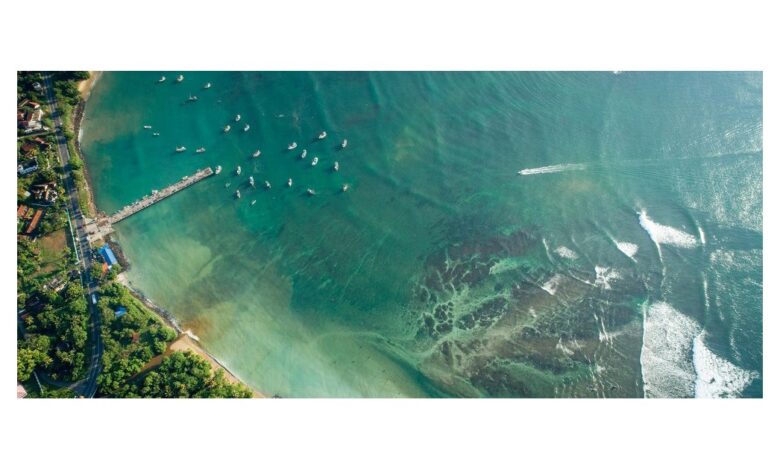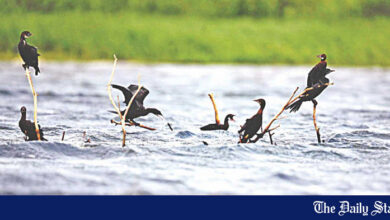Sri Lanka: Towards sustainable fisheries

The study “Priorities for Sustainably Managing Sri Lanka’s Marine Fisheries, Coastal Aquaculture, and the Ecosystems That Support Them” includes an analysis of coastal and multiday fisheries, coastal aquaculture, and coastal ecosystem services that support these fisheries, partly funded by World Bank-administered trust fund, PROBLUE.
The study’s main recommendations for coastal fisheries center around data-based and participatory management. For example, it recommends that the Ministry of Fisheries allocate resources to regular stock assessments, including developing methods for data-poor fisheries, and create sustainable management plans based on these assessments, in close consultation with fishers and other local stakeholders.
These plans should incorporate measures to conserve and, where feasible, restore ecosystems such as coral reefs and mangroves that support the fisheries and increase coastal communities’ resilience to weather events and climate change.
To ensure these plans are implemented, it will be crucial to provide support to diversify the livelihoods of fishers and their families, as well as transmit to fishers part of the sustainability premiums achieved through exports to premium markets.
The World Bank engagement in sustainable fishing in Sri Lanka
The study report will be launched at a public event with high level participation from the Sri Lanka government and the World Bank, which will feature policy and technical discussions. These discussions are an integral part of the exchanges to develop the next Country Partnership Strategy for 2022 – 2026, and will hopefully help Sri Lanka build back better towards a sustainable blue economy.
The authors gratefully acknowledge inputs of Dr. Steve Creech, Project Coordinator to this blog. More information on the project may be found at http://www.pelagikos.lk/.



